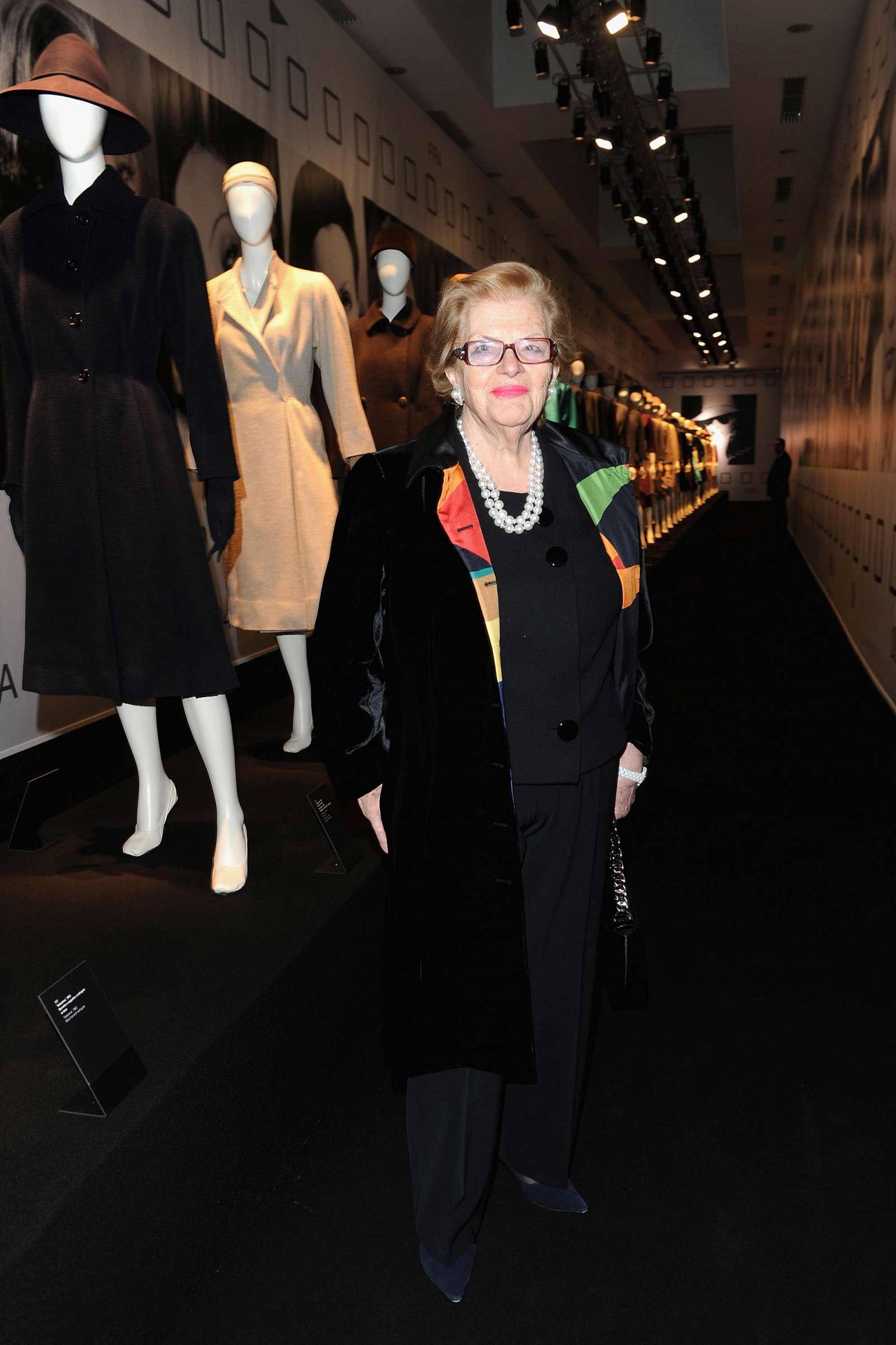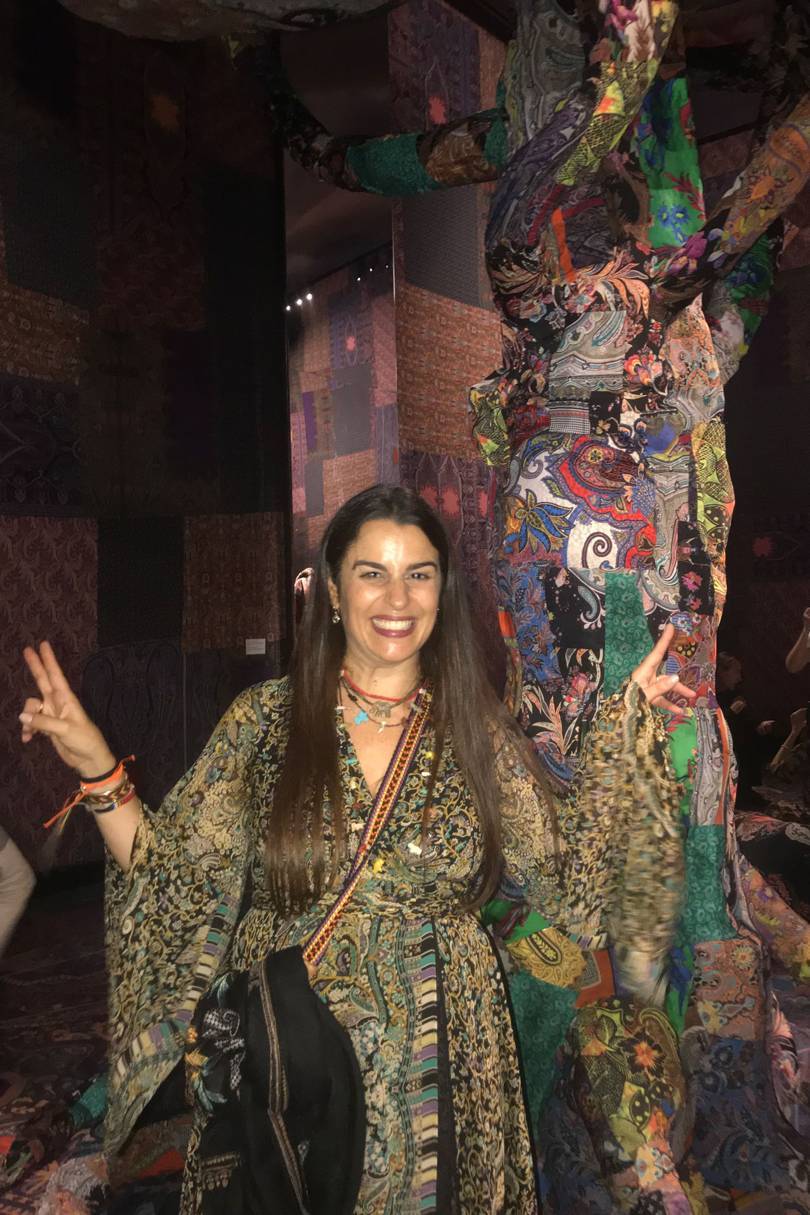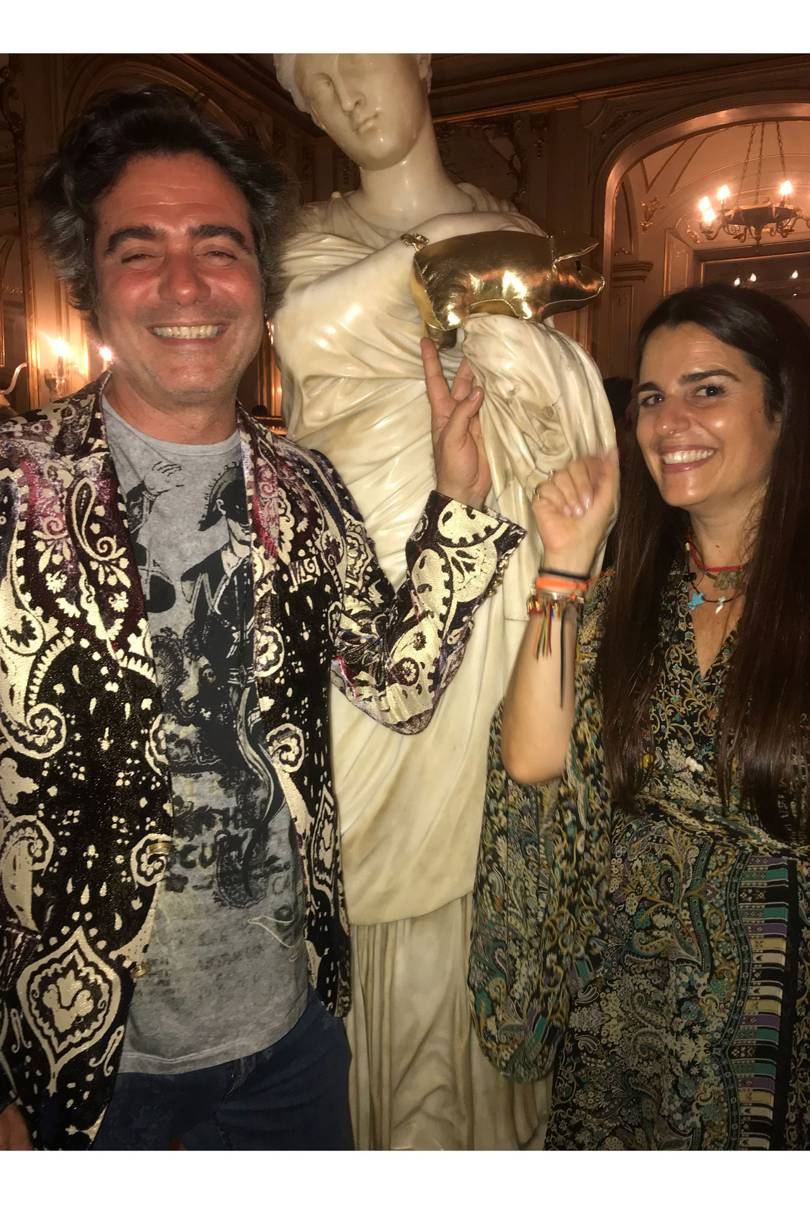
Italy’s custom of passing the flame through generations keeps its brands alive.
The sad news on Friday that Wanda Ferragamo, the apparently ageless matriarch, had left this world was not exactly a shock. At 96, it could only be expected that this head of the family, who took over the Italian shoe company after her husband Salvatore’s death more than half a century ago, would one day depart this life.
Her longevity, her way of running the business – insisting that none of the family members’ in-laws could come on board – made Ferragamo a dynamic company that grew from footwear to handbags and clothing in a business that stretched across the world. From her husband’s moniker of “Shoemaker to the Stars”, his widow created an empire and an image of dynamic elegance that is still relevant today.
In the manner of previous times, sons were expected to run the company, while daughters were designers of scarves and shoes. Fiamma took over design at age 19, showing that she had inherited her father’s skills, until she passed away in 1998. Today, the company still seems like a family affair, although there are rumours of Ferragamo looking for business partners and its footwear is now designed by Paul Andrew (who also creates the women’s clothing).
And so it is right across Italy. Fendi may be owned by Paris-based LVMH and its collections designed by Karl Lagerfeld, but the flavour and spirit of Rome, brought into Fendi by the five daughters of the original founders, still exists in the hands of third-generation Silvia Venturini Fendi, Creative Director of Accessories and Menswear. And when I see the jewellery made by her daughter, Delfina Delettrez, I realise that creative blood runs through family veins.
There was a period in which investors seemed to turn up their noses at fashion companies doing it the Italian way, preferring the work of a fashion school-trained designer. But it looks increasingly as though the authenticity of a family business gives not just an identity, but solid roots that help a company to survive and thrive.

Credit: @SUZYMENKESVOGUE
Missoni, which celebrated 65 years last month with a rooftop show in Milan, as ever brought the family together for the occasion – not only Angela Missoni, currently Creative Director, but also her daughter Margherita Maccapani Missoni, grandchild of the company co-founder, ”Nonna” Rosita. And last week, the company consolidated that mother-to-daughter spirit by making Margherita (who had stepped aside from the company to launch an independent children’s line) Creative Director of the youthful M Missoni line.
Etro is a further example of the Italian family tree. Its patterned fabrics – especially the paisley prints, which were the foundation of the textile house, founded in 1968 by Gimmo (Gerolamo) Etro – were not only on the runway for the lighthearted and colourful Spring/Summer 2019 collection. They were also on display at "Etro: Generation Paisley" – a lively and witty exhibition at Milan’s MUDEC, or Museum of Cultures, which illustrated the origins of Etro’s signature paisley in the ancient Mesopotamian tree of life.

At Etro’s fashion forefront were the personalities and characters of sister and brother, Veronica and Kean Etro. But “behind the seams” – away from clothing – there are two more brothers, Jacopo and Ippolito, who are in charge of textiles, accessories, homewear and the company finances.

Not every Italian company, of course, can plant a family tree that keeps growing from one generation to the next. Miuccia Prada has always worked with her husband of 40 years, Patrizio Bertelli, as CEO, but there is no visible sign of their sons – one of whom is a racing driver – joining the company.
Donatella Versace was forced by her brother Gianni’s murder to take over as Creative Director in 1997. But the recent sale of the company to Michael Kors in the USA suggests that Versace has moved out of its family comfort zone after Donatella’s 20 years at the helm.
So what does it take to found a family business; to seed, grow and nurture it? Wanda Ferragamo, taking over Salvatore’s business in 1960, with the youngest of her six children only two years old, was a strong, determined and courageous woman – a feminist before her time. She applied her personal values to allow her husband’s work, as the founding father of the company, live on into the 21st century. As the English language puts it: blood is thicker than water. Italy’s vision of family first has taken its fashion a long way.


Zaloguj się, aby zostawić komentarz.